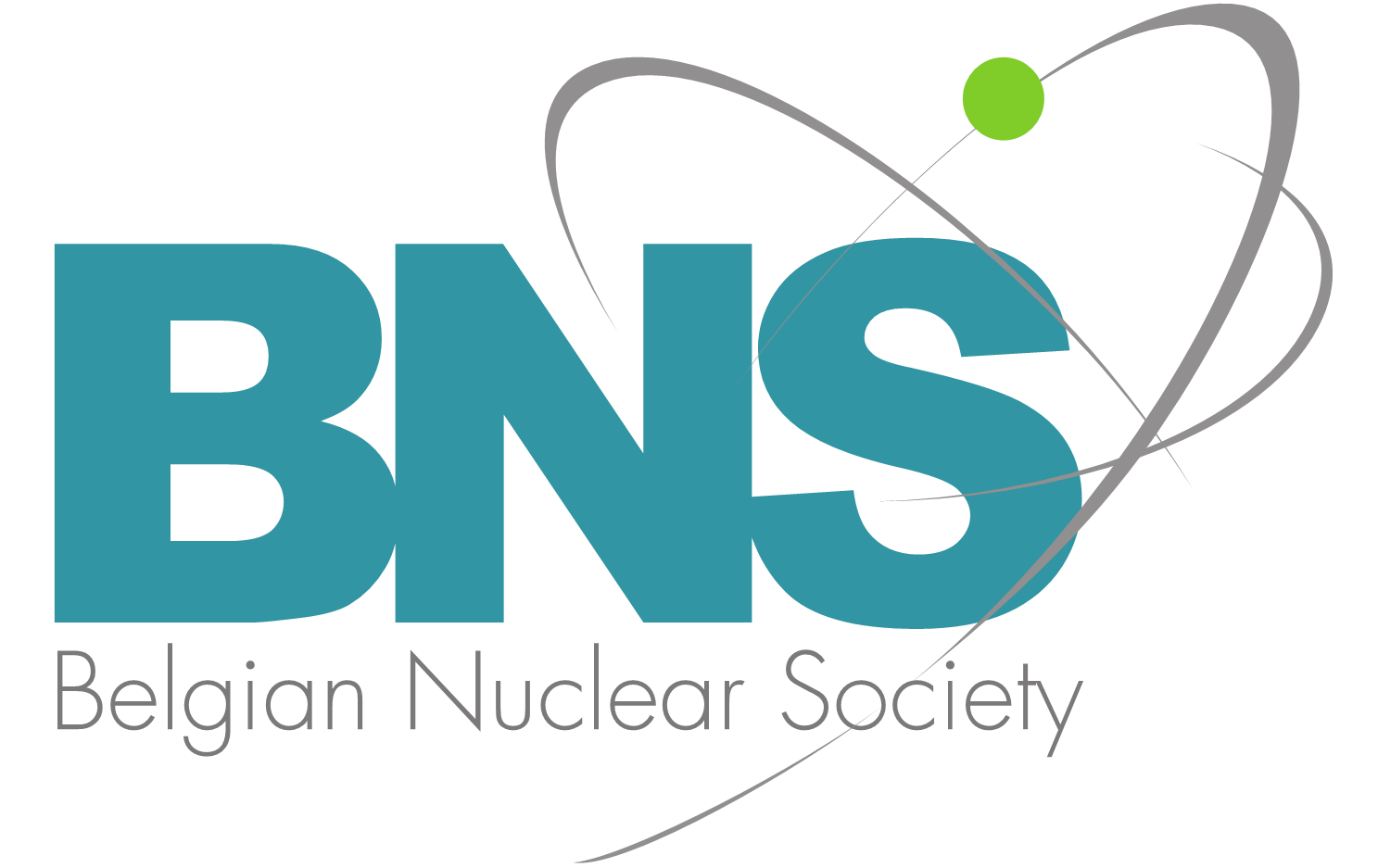Evening Lecture – Nuclear Security
For several years, numerous political and legal efforts have been initiated to address the threat of nuclear terrorism by enhancing nuclear security. The latter is defined by the International Atomic Energy Agency (IAEA) as the “prevention and detection of, and response to, theft, sabotage, unauthorized access, illegal transfer or other malicious acts involving nuclear material, other radioactive substances or their associated facilities.
Establishing a strong nuclear security regime in Belgium is crucial. Indeed, being one of the precursors in the field of nuclear energy research and development in Europe, the country is hosting numerous facilities as part of the civil nuclear fuel cycle. These may face external (i.e., armed attacks, etc.) or insider threats (i.e., sabotage, etc.) involving malicious groups or individuals. Furthermore, Belgium is taking part in numerous international political initiatives aimed at preventing the acquisition of nuclear materials by malicious non-state actors.
In this context, several commitments and undertakings have to be fulfilled at the national level. Hence, it is of paramount importance for the competent authorities to constantly aim at improving the nuclear security regime by implementing international regulations and standards, and by raising awareness with the stakeholders of the nuclear sector.
This presentation provides an overview of the nuclear security regime in Belgium, as well as the current and upcoming challenges. It will first describe the structure and mandate of the Federal Agency for Nuclear Control, which is protecting the population against the dangers of ionizing radiation. It will then present the existing legislative framework covering the physical protection of nuclear materials, facilities, and documents, as well as the interactions among the various stakeholders. Finally, the presentation will focus on the major forthcoming challenges linked to the Belgium nuclear security framework.
Speaker
-
Rony DresselaersDirector Security & Transport at FANC
Rony Dresselaers was awarded a Master’s degree in industrial sciences, nuclear technology and radiochemistry from IHRH in 1987.
From 1989 to 2007, he worked for FBFC International, a subsidiary of Areva producing UO2 and Mox fuel assemblies for nuclear reactors. At FBFC he held various positions in process engineering, project management and operations management. In his last position at FBFC International he was the manager for the uranium productions and member of the management team of the facility.
In 2008, he joined the Federal Agency for Nuclear Control (FANC) as Director for the department of Nuclear Security and Transport. Within the FANC, the Security & Transport department is organised in 2 services. The nuclear security service is in charge of the nuclear security and the physical protection of radioactive materials including nuclear materials. The service has also responsibilities in the frame of safeguards and nuclear non-proliferation by ensuring the interface between the operators and the IAEA and Euratom inspectorates. The Import and Transport service is in charge of issuing the import and transport licences, package approvals certificates, ADR training and regulations.
At international level, he is a member of the Nuclear Security Guidance Committee at the IAEA. In 2014, he was also the chairman for the European Nuclear Security Regulators Association.
